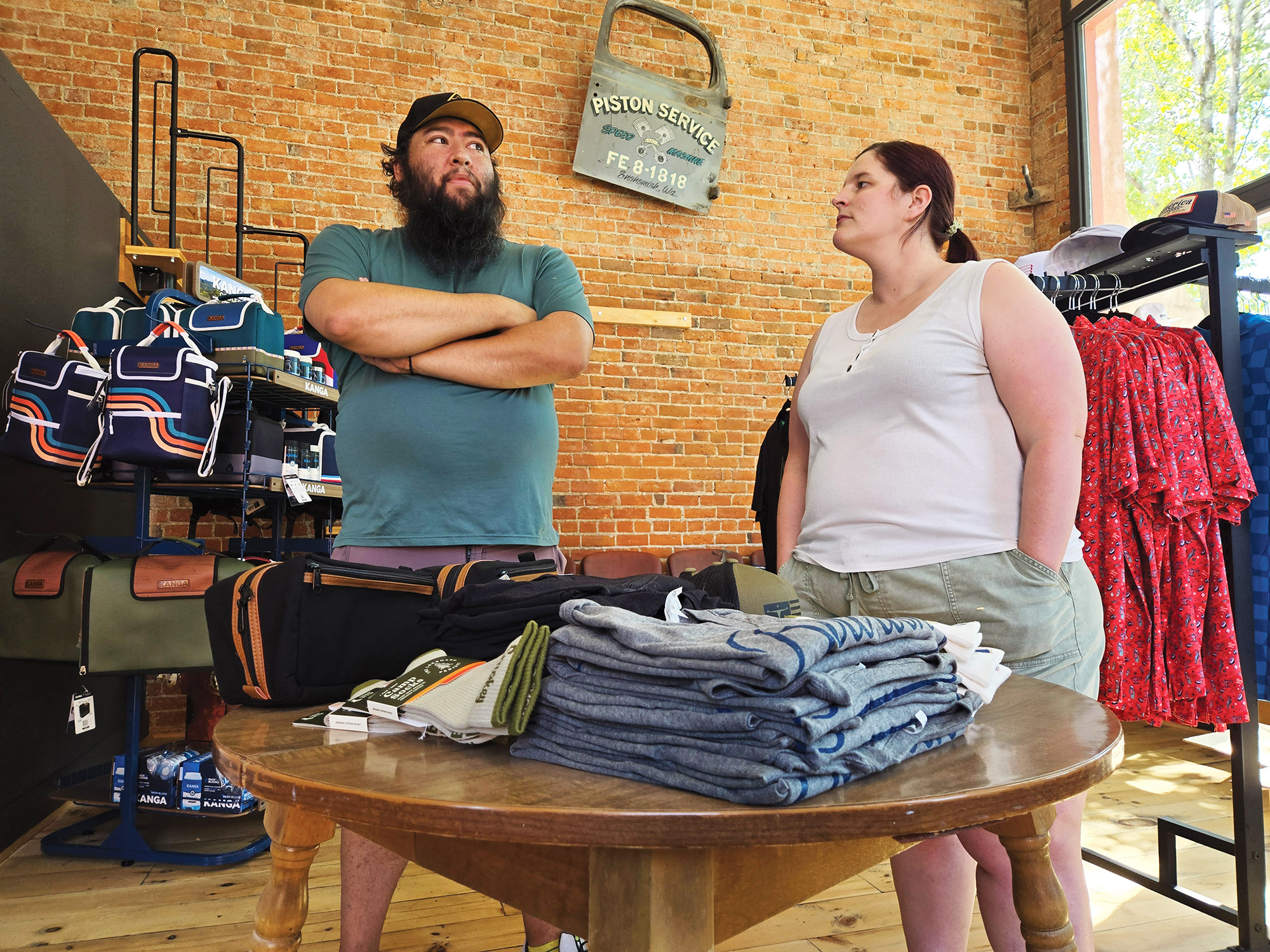COLUMN: Poachers steal from hunters — and everyone else
Published 2:15 pm Friday, December 3, 2021
They’re called poachers but it seems to me that they’re just common thieves.
Trending
No different from the cretins who wrestle purses away from elderly women, or slink off porches clutching boxes that contain Christmas presents for toddlers.
Although I suppose it’s reasonable to have a specific term for criminals whose thefts involve killing an animal, which, unlike a purse or a gift box, can’t be replaced.
Oregon State Police, whose duties include catching poachers as well as nabbing highway speeders, occasionally send press releases regarding recent poaching cases.
Trending
I find these interesting to read.
And depressing.
These press releases often are accompanied by photographs which, though generally not terribly bloody or otherwise graphic, strike me as inexpressibly sad.
A picture of a discarded deer or elk carcass conveys the concept of waste with a cruel efficiency.
Although I’m loathe to suggest that there ought to be a spectrum of poachers, the cases that bother me most are those in which the animal was killed either for no apparent reason or for its antlers or horns.
I certainly don’t condone poaching for any reason. But a poacher who at least takes the meat, and presumably eats it, seems to me slightly (very slightly) less obnoxious than one who simply wants a trophy to hang on his wall.
Which is to say, sustenance trumps vanity.
(Not that I believe anyone, given the availability of food stamps and other programs, both public and private, truly needs to poach animals to keep their bellies full.)
The most recent OSP press release described two cases of the latter sort. Both happened in Grant County and the two crimes apparently happened within less than 24 hours spanning Nov. 9 and 10.
One case involved the headless carcass of a mule deer buck that a resident found at 4:30 p.m. on Nov. 9 along Highway 26 near Mount Vernon. According to OSP, the person had seen a buck with distinctive, massive antlers near the site about 9:30 a.m. that day. The person gave police a photograph of the buck taken that morning.
The press release stated that the carcass showed no signs of having been hit by a car. Its head had been cut off near the shoulder.
Later on Nov. 10, OSP fish and wildlife officers got another report of a dead, trophy mule deer buck, this one near Crazy Creek and Dark Canyon in the Murderers Creek unit.
The person who found the carcass — the head, with its fine set of antlers, still intact — told police the buck was still warm and flexible when found at 11 a.m. that day.
The press release cited witnesses who had seen a “dark-colored Dodge pickup” in the area several times.
The press release about the two Grant County cases arrived in my inbox a couple weeks after another, also from OSP, that described three poaching cases west of the Cascades, one involving a deer, the two others elk.
The release noted that the Oregon Hunters Association (OHA) was offering a reward of $500 for information leading to an arrest in the deer poaching, and $1,500 in each of the elk cases.
The OHA handed out more than $20,000 in rewards from its TIP — Turn In Poachers — fund in 2020, and the Oregon Department of Fish and Wildlife awarded 135 hunter preference points, which are offered as an alternative to cash rewards.
(Preference points increase the chances that a hunter will receive a hunting tag through the state’s lottery system.)
It is of course understandable that ethical, responsible hunters — and the OHA is made up of just that sort — would be keen to catch poachers and to discourage others from following their larcenous lead.
But it’s not only hunters who lose due to poachers’ misdeeds.
Wildlife in Oregon belongs to all of us — those who have a hankering for a hunk of backstrap, and those who don’t care for venison, or even for hunting, but who like to photograph animals or merely appreciate the chance to watch a buck amble across a mountain meadow.
I used to think of poachers as not so much different from people who litter compulsively.
And indeed there is a commonality — both are, at their core, selfish, their actions so senseless that thoughtful people struggle to understand what could possibly motivate them.
But as much as littering incenses me — it requires, if anything, more effort to toss a can or paper sack out of a car window than to leave it on the floor — poaching, it seems to me on reflection, is a decidedly more noxious act.
Littering is ugly.
But killing an animal is stealing from all of us, those who carry rifles and those who wield only cameras.
Besides which, poachers are themselves guilty of littering.
Except their detritus, rotting in a barrow pit or field or forest glen, is not as easy to clean up as a fast food bag.
Jayson Jacoby is editor of the Baker City Herald.







